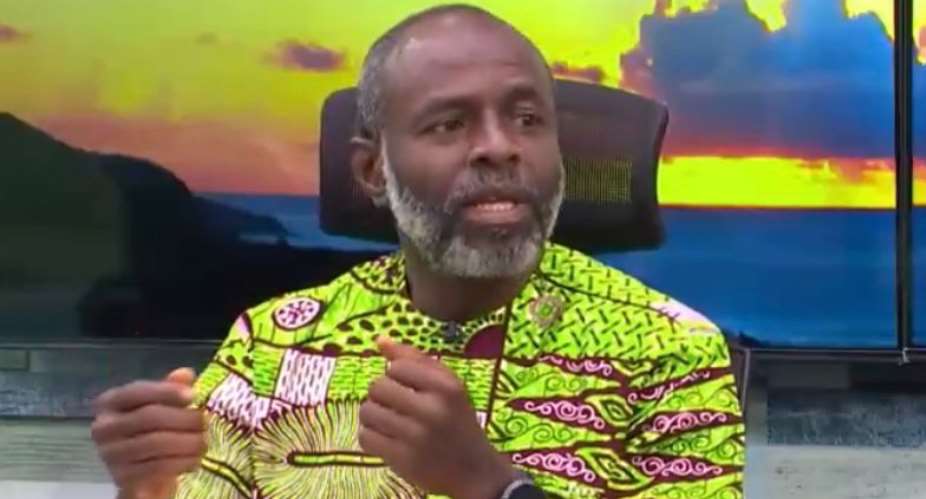Engineer and public policy analyst, Michael Kosi Dedey, has criticized the Attorney-General’s decision to halt the prosecution of former Finance Minister Dr. Kwabena Duffuor and seven others, warning that the move sends a troubling message about fairness and accountability in Ghana’s justice system.
Speaking on Channel One TV’s Breakfast Daily show on Wednesday, Dedey described the action as a “dangerous signal” that could deepen public perceptions of selective justice and erode confidence in the rule of law.
“We should demonstrate to the ordinary Ghanaian that no matter who you are, when you come before the law, you will be dealt with. But in this case, it doesn’t show that,” Dedey asserted.
Dedey questioned the fairness of discontinuing prosecution in a high-profile case involving alleged financial misconduct during Ghana’s financial sector clean-up exercise. He warned that the move could reinforce a two-tier justice system, one for political elites, and another for ordinary citizens.
“If we do not set a deterrent, then we are not being fair to Ghanaians,” he said. “It means that if you are high up and you are a politician and you are caught, we can let you go. But if you are an ordinary person, then we will deal with you harshly.”
According to Dedey, the decision, regardless of any explanation offered, undermines the principle of equal justice and risks weakening Ghana’s anti-corruption efforts.
On Tuesday, July 22, the Attorney-General’s Office, in a statement signed by Deputy A-G Dr. Justice Srem-Sai, announced that it had entered a nolle prosequi in the case of The Republic v. Kwabena Duffour & 7 Others (CR/0248/2020)—effectively ending the prosecution of the accused persons.
The case was one of several arising from the Bank of Ghana-led financial sector clean-up initiated in 2018, which saw the collapse of multiple financial institutions, including the now-defunct uniBank, founded by Dr. Duffuor.
According to the Attorney-General’s Office, the decision to drop the charges followed significant recoveries made by the accused, reaching a set threshold of 60% of the alleged losses to the State. The A-G argued that continuing the trial would no longer serve the public interest.
Despite legal backing for the Attorney-General’s discretionary powers under Article 88 of the 1992 Constitution, the decision has triggered widespread public criticism. Dedey joins a growing list of commentators, including legal academic Prof. Kwaku Asare, who have raised concerns about transparency, deterrence, and public trust in the judicial process.
“If we continue like this, the message to the ordinary citizen is that justice is not blind. It sees status, connections, and influence,” Dedey warned.

